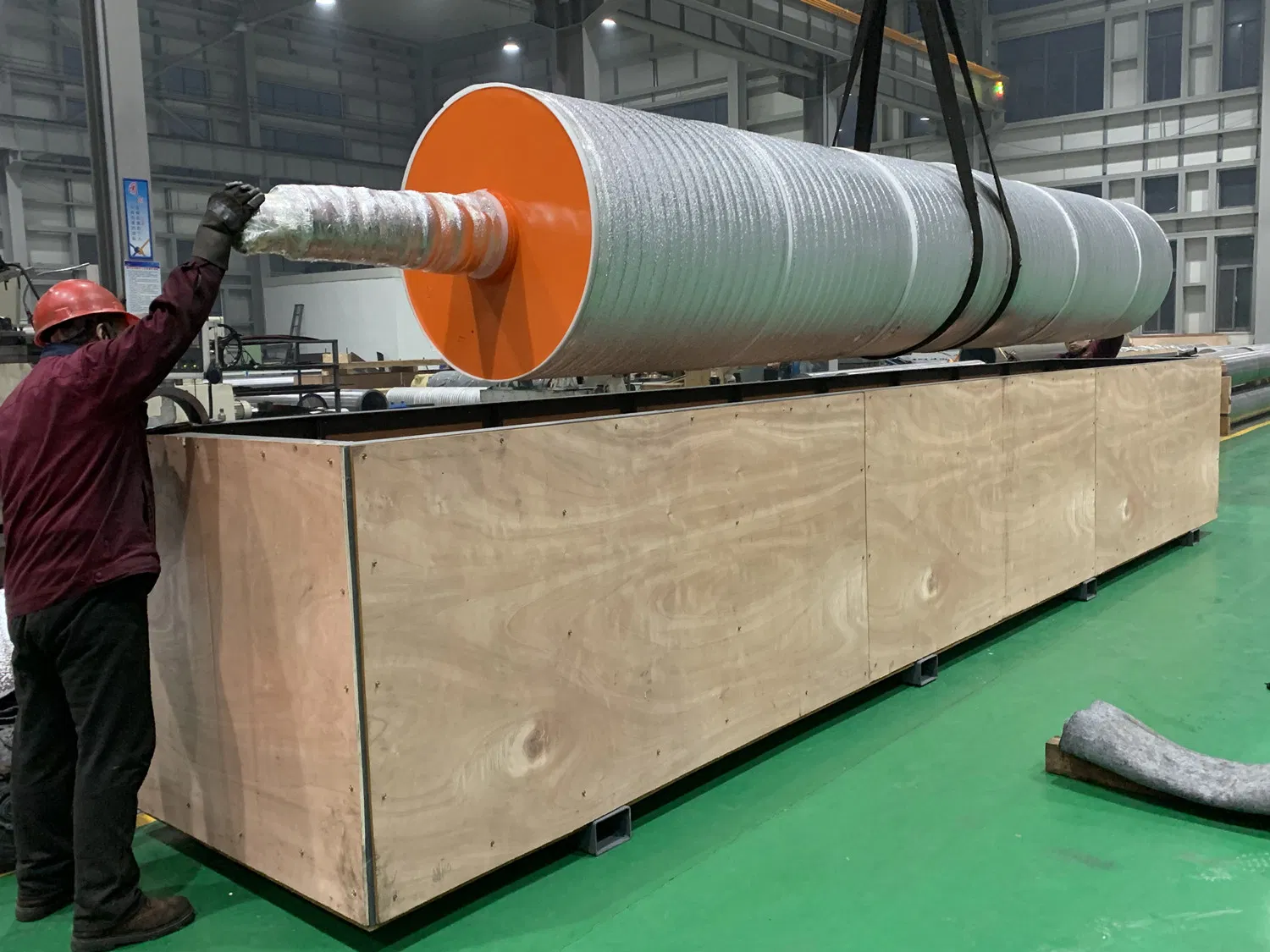What are Rubber Rollers?
Rubber rollers are cylindrical components covered with a layer of rubber, typically used in various industrial applications. They can be found in machinery for printing, paper production, textile manufacturing, and more. The rubber covering provides excellent grip, durability, and resistance to wear and tear, making them ideal for applications that require consistent performance and minimal maintenance.
Types of Rubber Rollers
There are several types of rubber rollers available, each designed for specific applications:
- Drive Rollers: Used to transmit power between components in a machine.
- Idler Rollers: Support rollers that guide materials through a machine without transmitting power.
- Feed Rollers: Assist in feeding materials into a machine, often used in printing and paper production.
- Conveyor Rollers: Designed to move materials along a conveyor system.
Benefits of Rubber Rollers
Rubber rollers offer numerous benefits over other materials, such as metal or plastic:
- Durability: Rubber rollers can withstand harsh conditions and heavy loads without breaking down.
- Grip: The textured rubber surface provides excellent grip, reducing slippage and ensuring smooth operation.
- Shock Absorption: Rubber rollers can absorb shock and vibrations, protecting machinery and extending its lifespan.
- Noise Reduction: Rubber rollers generate less noise than metal or plastic rollers, making for a quieter work environment.
Materials Used in Rubber Roller Manufacturing
Various materials are used in the manufacturing of rubber rollers, including:
- Natural Rubber: Known for its elasticity and resistance to tearing, natural rubber is often used in applications that require flexibility and durability.
- Synthetic Rubber: Offers greater resistance to heat, chemicals, and abrasion than natural rubber, making it suitable for more demanding applications.
- Silicone Rubber: Provides excellent heat resistance and can maintain its properties in extreme temperatures.
- EPDM Rubber: Resistant to weathering, ozone, and aging, making it ideal for outdoor applications.
In conclusion, rubber rollers are essential components in many industries, providing durability, grip, shock absorption, and noise reduction benefits. By understanding the different types, materials, and applications of rubber rollers, businesses can make informed decisions when selecting the right components for their machinery.



